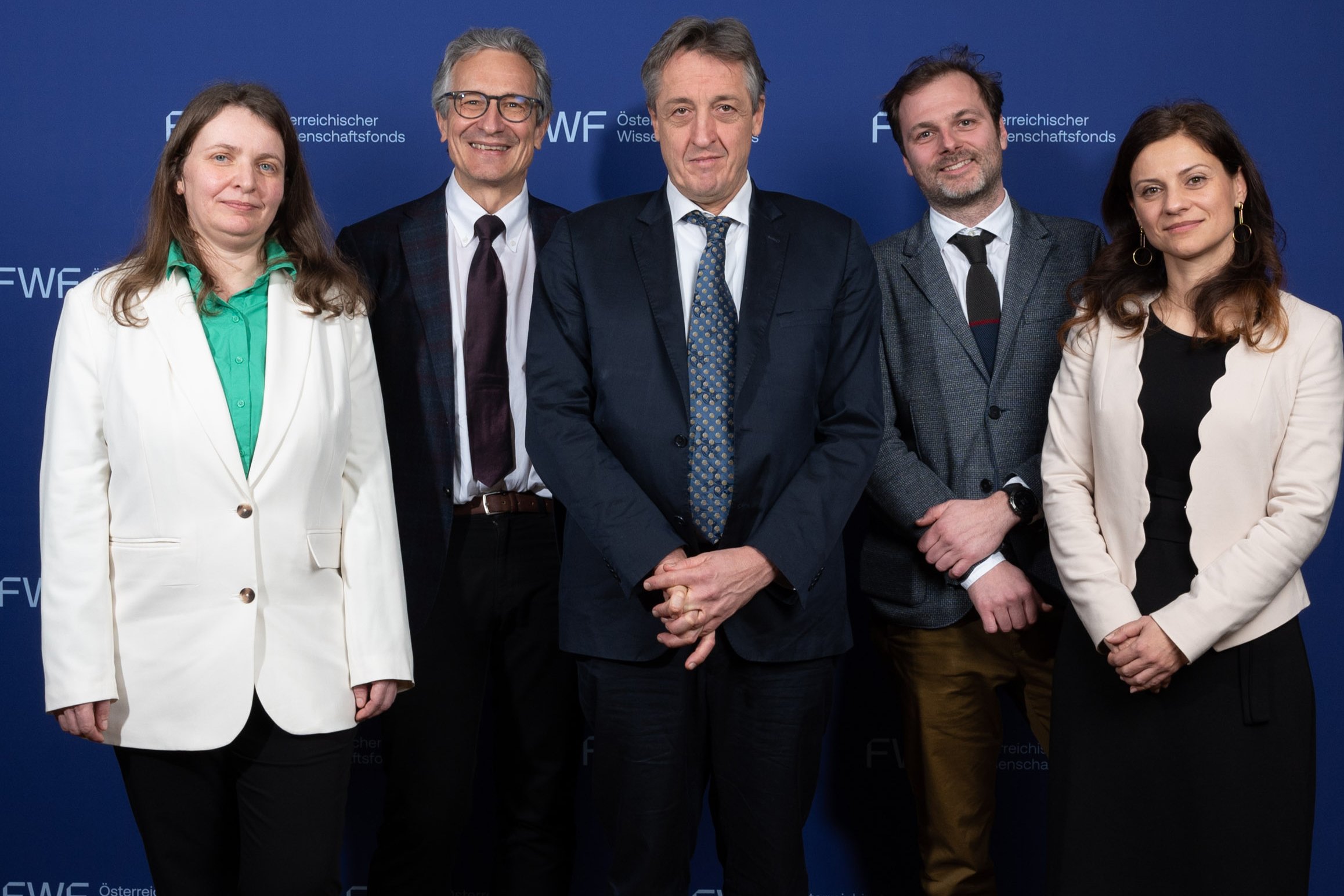
(Graz/Vienna, 06 May 2024) Scientists from the University of Graz, MedUni Vienna and MedUni Graz will be researching the regulation of healthy ageing as part of the "Metabolic Control of Aging and Disease" Cluster of Excellence funded by the Austrian Science Fund FWF and the Federal Ministry of Education, Science and Research. The funding volume of the FWF amounts to 17.9 million euros.
Under the acronym "MetAGE", the researchers are investigating how metabolic control disorders influence the risk of age-related diseases. At the same time, targeted interventions in nutrition are being clinically tested. What is special about this cluster of excellence is that findings from basic research in model organisms are transferred directly into clinical research. This strengthens the idea of prevention - so that a "medicine of disease" becomes a "medicine of health" in the future. On the MedUni Vienna side, a multidisciplinary team consisting of Thomas Scherer and Alexandra Kautzky-Willer from the Division of Endocrinology and Metabolism, Michael Trauner from the Division of Gastroenterology and Hepatology (all from the Department of Medicine III) and Cecile Philippe from the Department of Radiology and Nuclear Medicine with their respective research groups are on board.
"The networking of human ageing research with basic research forms the core of our Cluster of Excellence. While life expectancy is generally increasing, the healthy lifespan is not increasing to the same extent, which ultimately means an increased risk of age-associated diseases. Our project is primarily aimed at extending the health span, i.e. as many active and enjoyable years as possible," says Frank Madeo from the University of Graz and Director of Research of the cluster about the goals of the consortium.
Michaela Fritz, Vice Rector for Research and Innovation at the Medical University of Vienna, emphasizes the application-oriented aspect of "MetAGE". "I am convinced that this excellent consortium will succeed in improving our understanding of age-related diseases and applying these findings directly to patient care."
MetAGE: "Metabolic regulation of healthy ageing - from models to humans"
The aim of this large-scale research project is to better understand the age-related loss of metabolic control both in humans and in model organisms. The scientists are investigating how disorders of metabolic control influence the risk of age-related diseases. At the same time, targeted nutritional interventions are being clinically tested. The special thing about MetAGE is that the knowledge gained through basic research is transferred directly into clinical research. This strengthens the idea of prevention so that a 'medicine of disease' becomes a 'medicine of health' in the future.
The funding volume is made up of a 60 percent share from the Austrian Science Fund FWF and a 40 percent share from the participating research institutions' own funds. With an equity share of around 12 million euros, a total volume of around 30 million euros will be invested in the "MetAGE" Cluster of Excellence over the next five years.